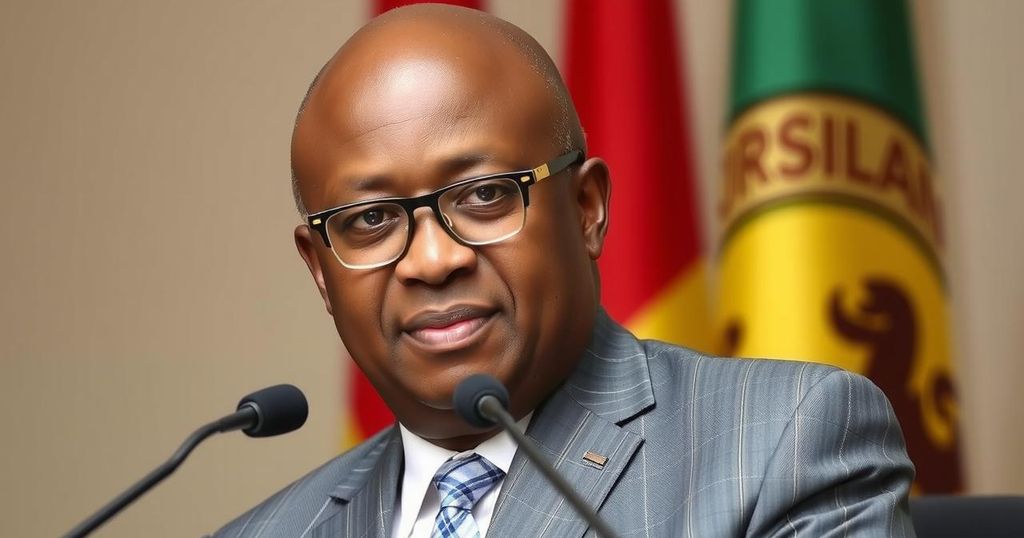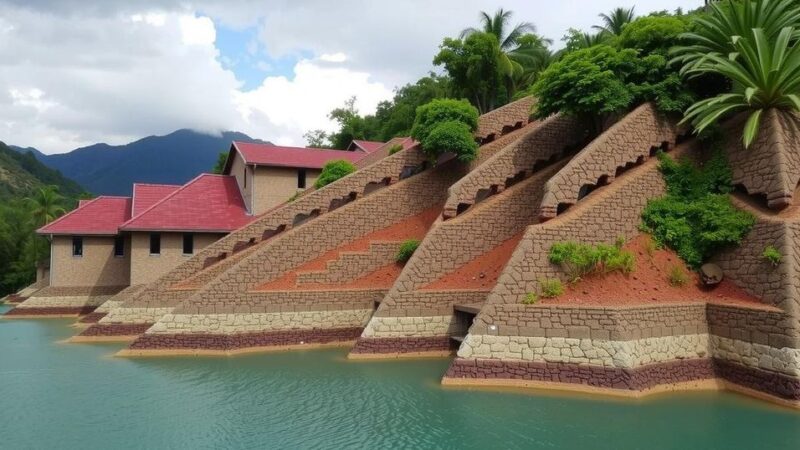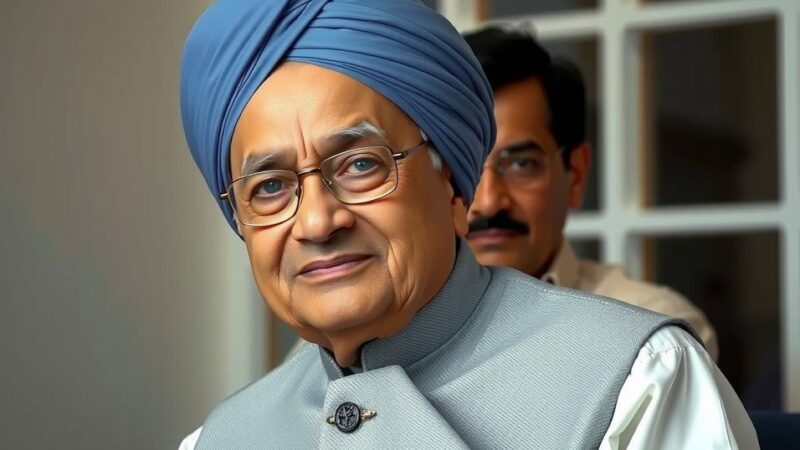John Mahama has been re-elected as Ghana’s President, winning 56.6% of the votes. He faces expectations for job creation and tax cuts amid economic challenges. Critics express skepticism regarding his promises, especially given previous corruption allegations. Mahama aims to improve public services and tackle corruption as he seeks to fulfill the demands of Ghanaians, who are hopeful for economic recovery.
Ghana’s newly elected President, John Mahama, faces significant expectations following his substantial electoral victory, garnering 56.6% of the votes against Vice-President Mahamudu Bawumia’s 41.6%. Mahama’s supporters anticipate job creation and the elimination of burdensome taxes, particularly in light of the recent economic hardships that have afflicted the country. Mahama’s campaign was noted for its strategic effectiveness, and he now commits to reducing his cabinet and pursuing reforms to improve the economy. Challenges include addressing public service efficiency and managing corruption allegations from his previous term. Experts express skepticism about his ability to fulfill promises, emphasizing the need for credible leadership as the nation navigates an economic crisis, compounded by high unemployment and poverty rates.
Additionally, Mahama plans a transformative approach to the workforce by establishing a “24-hour economy” with incentives for night shifts, while also pledging to cut various taxes that citizens have criticized. However, concerns linger regarding the fiscal feasibility of these proposals in light of Ghana’s strained budget. Despite previous corruption controversies during his administration, Mahama has vowed to tackle official misconduct rigorously. His victory speech underscored the urgent need to meet public expectations, encapsulating the sentiment that the nation’s best days lie ahead, not behind.
The context of President-elect John Mahama’s return to power is rooted in Ghana’s recent economic troubles, including a steep cost-of-living crisis. This turmoil prompted a shift in voter sentiment, leading to Mahama’s triumph after an eight-year hiatus. His campaign was distinguished by promises to address these urgent issues and by a demonstrated ability to connect with the electorate’s desires for economic revival and accountability in governance. The widespread public discontent with the outgoing administration, particularly in the aftermath of corruption scandals, has intensified the pressure on Mahama to deliver tangible results swiftly upon assuming office.
In summary, John Mahama’s re-election is accompanied by high expectations from the Ghanaian populace, who seek relief from economic difficulties and a commitment to reducing corruption. The road ahead is fraught with challenges, particularly in managing public expectations and implementing effective governance measures. Mahama’s ability to fulfill his ambitious plans will be crucial in determining the stability of his new administration and the future trajectory of the country.
Original Source: www.bbc.co.uk







